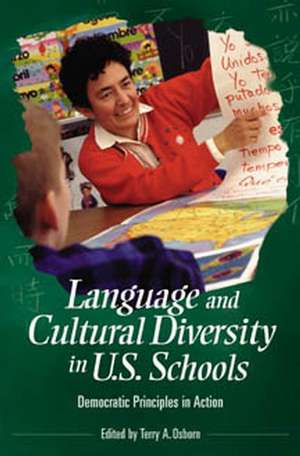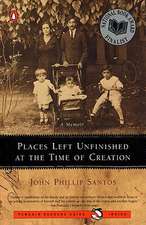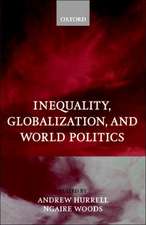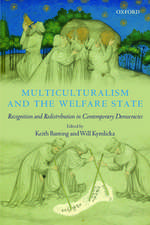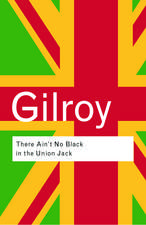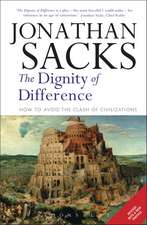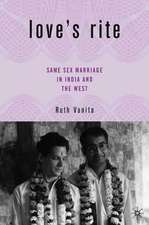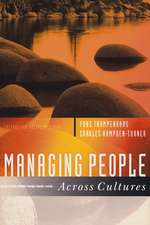Language and Cultural Diversity in U.S. Schools: Democratic Principles in Action: Educate US
Autor Terry A. Osbornen Limba Engleză Hardback – 29 aug 2005 – vârsta până la 17 ani
Preț: 322.02 lei
Preț vechi: 392.28 lei
-18% Nou
Puncte Express: 483
Preț estimativ în valută:
61.62€ • 64.47$ • 51.19£
61.62€ • 64.47$ • 51.19£
Carte tipărită la comandă
Livrare economică 03-17 aprilie
Preluare comenzi: 021 569.72.76
Specificații
ISBN-13: 9780275982027
ISBN-10: 0275982025
Pagini: 244
Dimensiuni: 156 x 235 x 21 mm
Greutate: 0.52 kg
Editura: Bloomsbury Publishing
Colecția Praeger
Seria Educate US
Locul publicării:New York, United States
ISBN-10: 0275982025
Pagini: 244
Dimensiuni: 156 x 235 x 21 mm
Greutate: 0.52 kg
Editura: Bloomsbury Publishing
Colecția Praeger
Seria Educate US
Locul publicării:New York, United States
Notă biografică
Terry A. Osborn specializes in Educational Linguistics and Second Language Education in the Department of Curriculum and Instruction, Neag School of Education, University of Connecticut. He was previously on the faculty of Queens College, University of New York.
Cuprins
Introduction: Participating in Democracy Means Participating in Schools by Terry A. Osborn and Dina C. OsbornEmergent Possibilities for Diversity in Reading and the Language Arts by Cara MulcahyBilingual Education: Good for Us? by Mileidis GortAccent and Dialects: Ebonics and Beyond by Timothy ReaganA Case Study in Cultural and Linguistic Difference: The Deaf-World by Timothy ReaganForeign Language Education: It's Not Just For Conjugation Anymore by Terry A. OsbornMulticultural Education Is Good For U.S. Beyond Sensitivity Training by Wanda DeLeon and Xae Alicia ReyesPolicies for a Pluralistic Society by Casey Cobb and Sharon F. RallisWhat September 11th Also Teaches Us by David Gerwin and Terry A. OsbornAppendix AAbout the Contributors
Recenzii
One in four students in the US come from households speaking languages other than English, so the US would seem to be on its way to fulfilling the national and global bilingual goal that is considered essential in No Child Left Behind rhetoric. However, it appears that the media and politicians continue to use language and cultural diversity as if they were all about dominance. Language legitimacy, or what constitutes real language, becomes a powerful, yet dangerous, construct in the formation of educational policy. After examinations of Ebonics, American Sign Language, and foreign language teaching to native English speakers, contributors question the wisdom of the least restrictive environment policy. Perhaps, especially for deaf students, the policy should become the most enabling environment. Contributors stress that policy and practice in a pluralistic society must include democratic principles of interdependence and equality. Recommended. Teacher-education faculty and teacher candidates, upper-division undergraduate and above.
This text promotes and embraces improvement of diversity along a social activist theme. Student driven curriculum and self-esteem are propounded.
With the idea in mind that America will continue to move toward a truly democratic society, however slowly, the contributors of these eight articles and introduction examine the possibility that language and culture will eventually not be an impediment to fulfilling the idea that America is a democracy.
This text promotes and embraces improvement of diversity along a social activist theme. Student driven curriculum and self-esteem are propounded.
With the idea in mind that America will continue to move toward a truly democratic society, however slowly, the contributors of these eight articles and introduction examine the possibility that language and culture will eventually not be an impediment to fulfilling the idea that America is a democracy.
